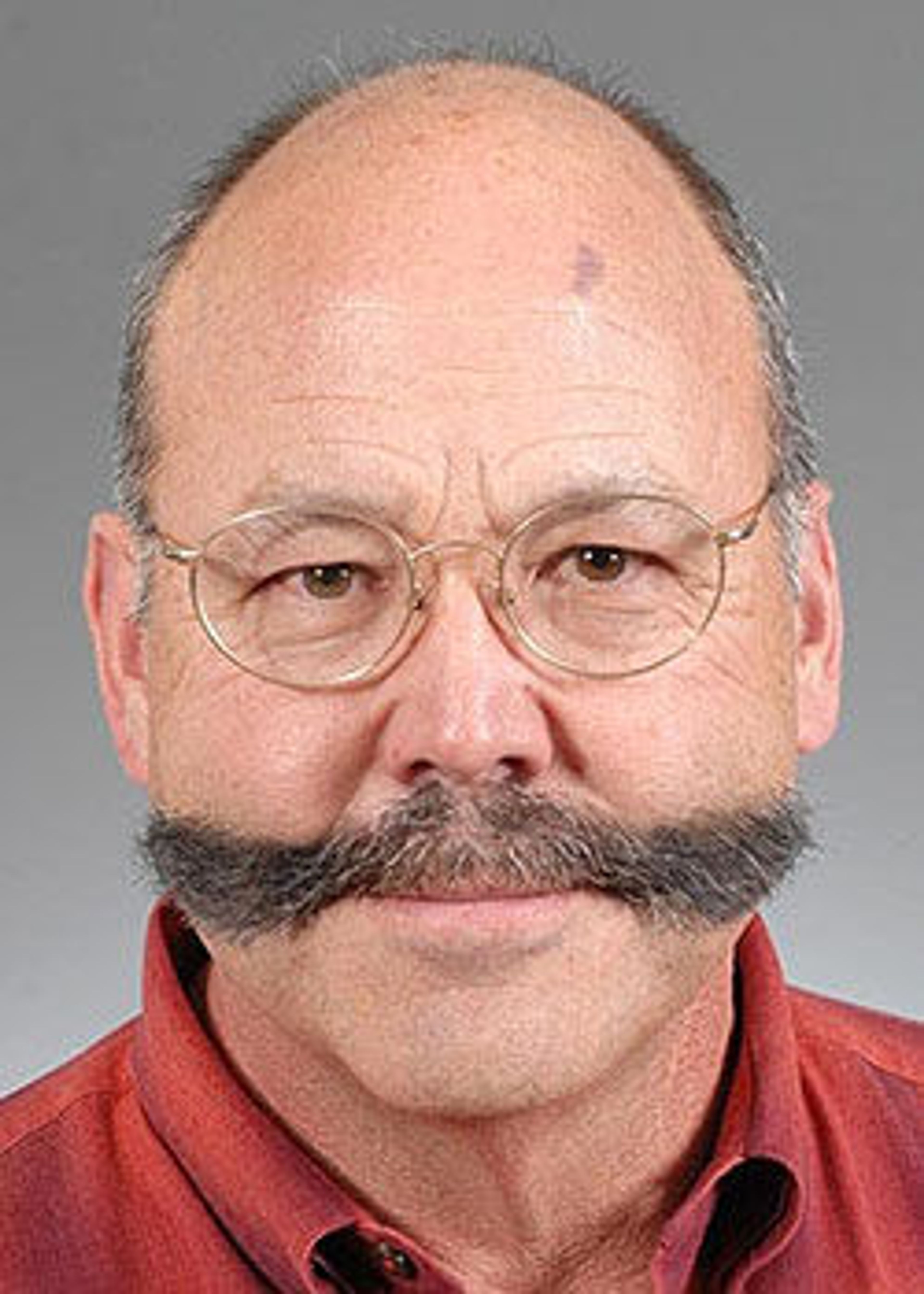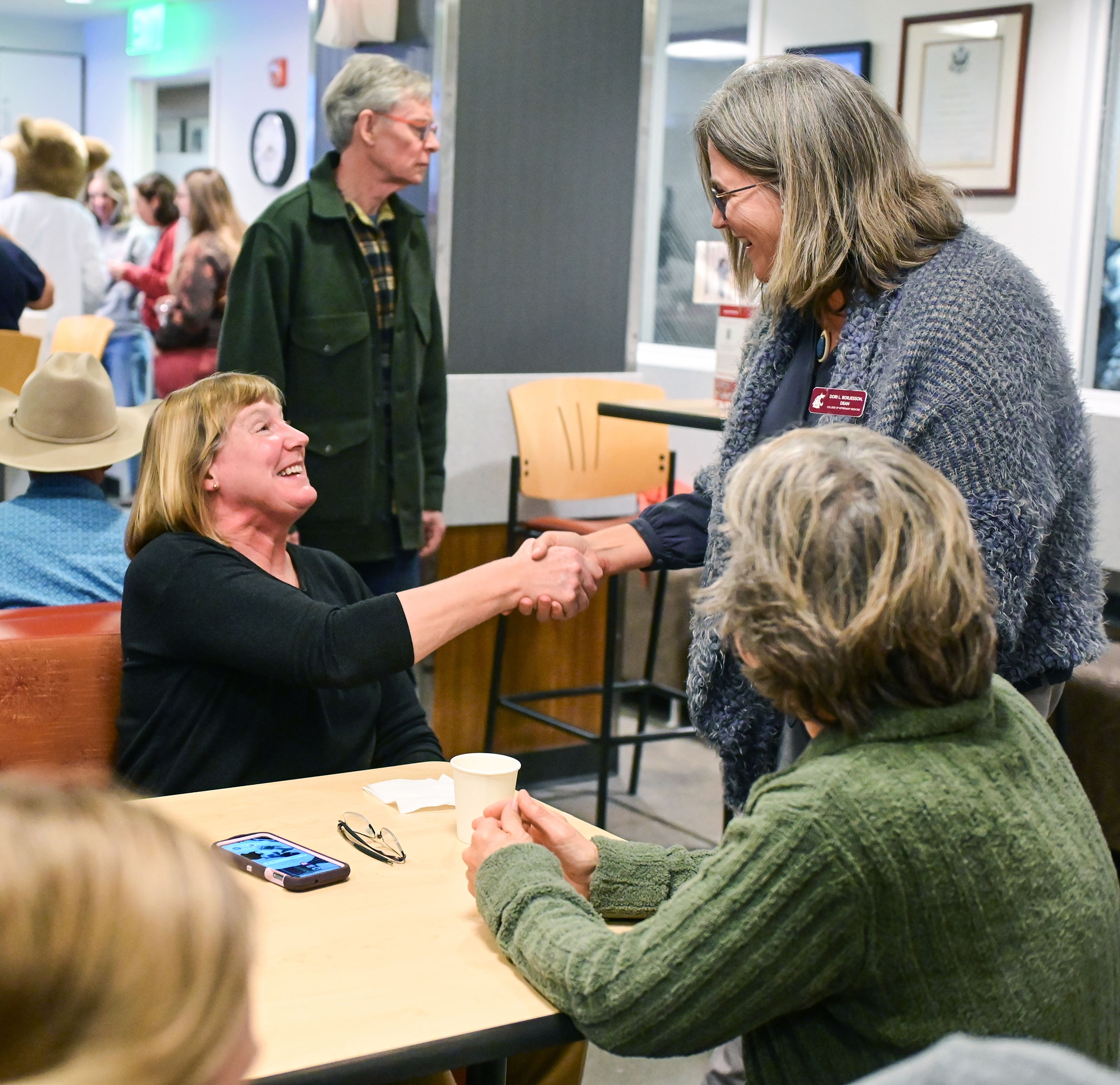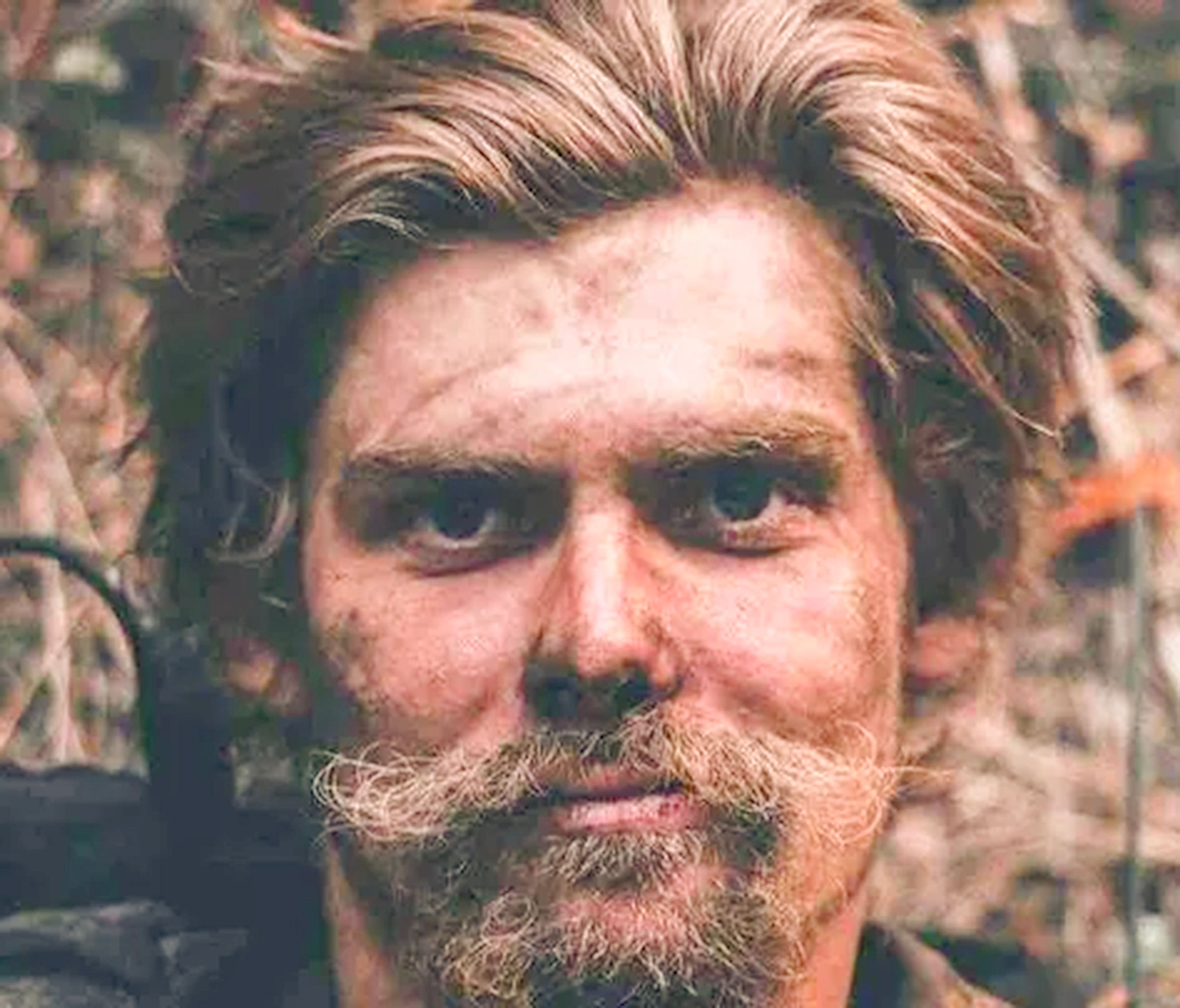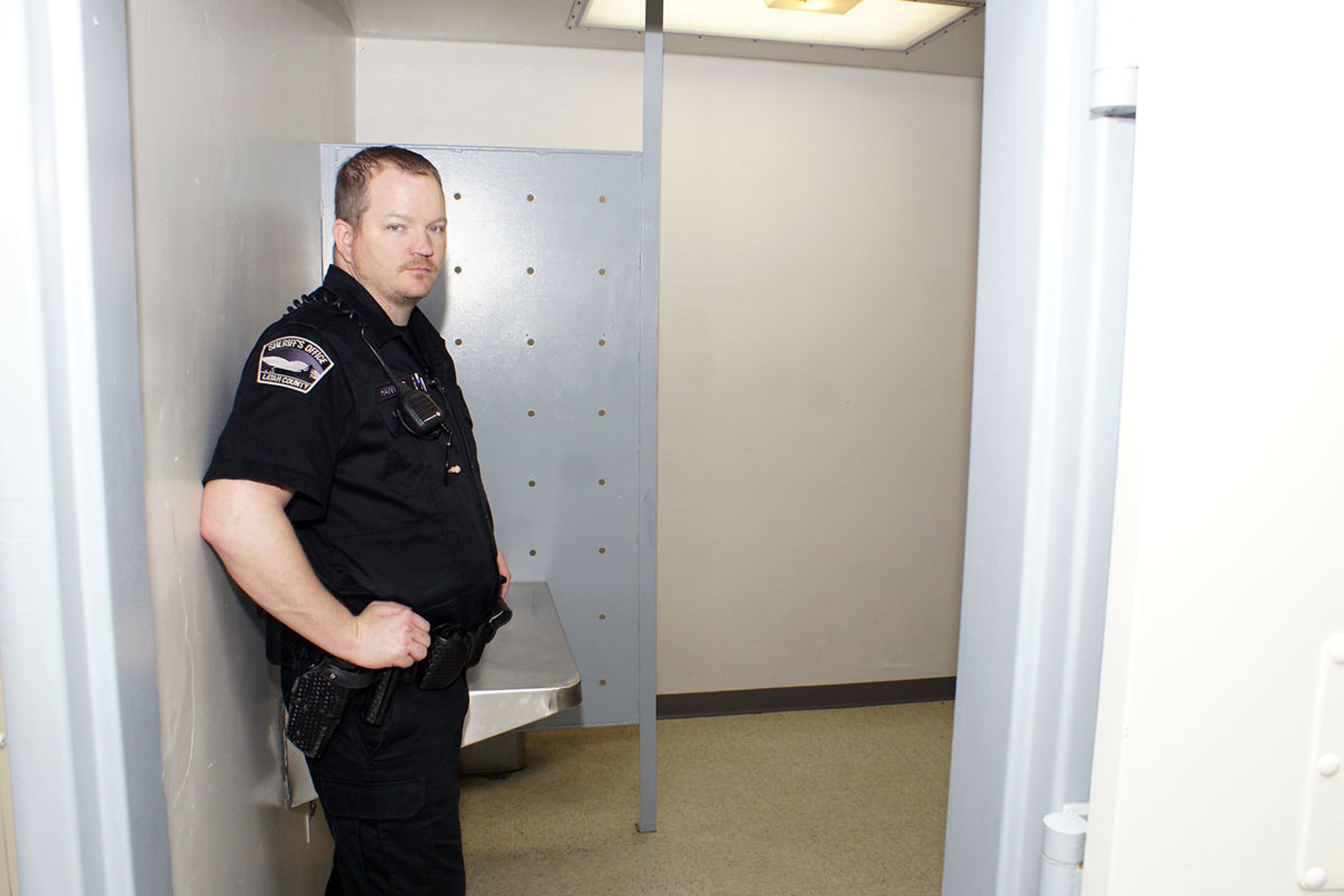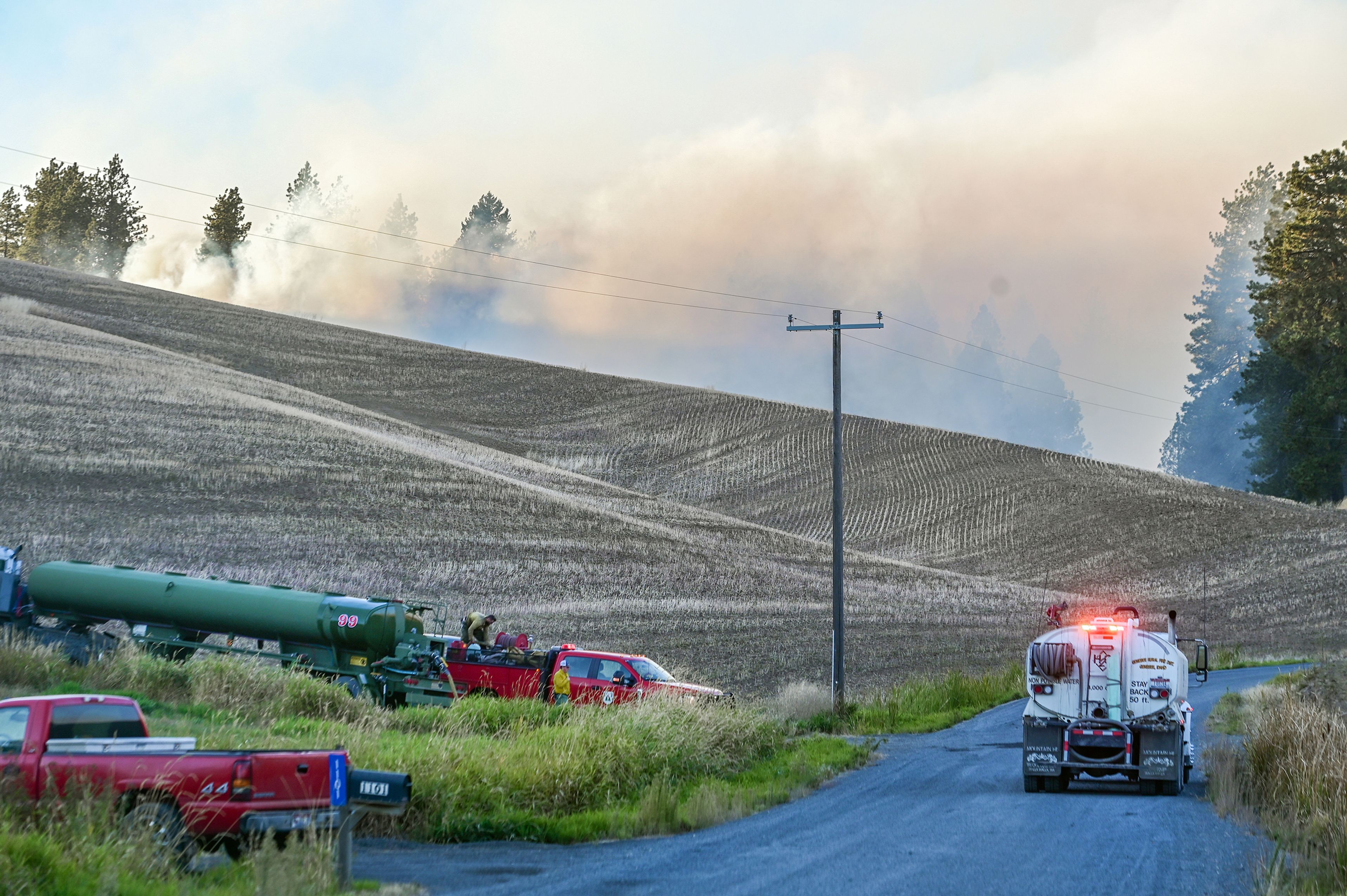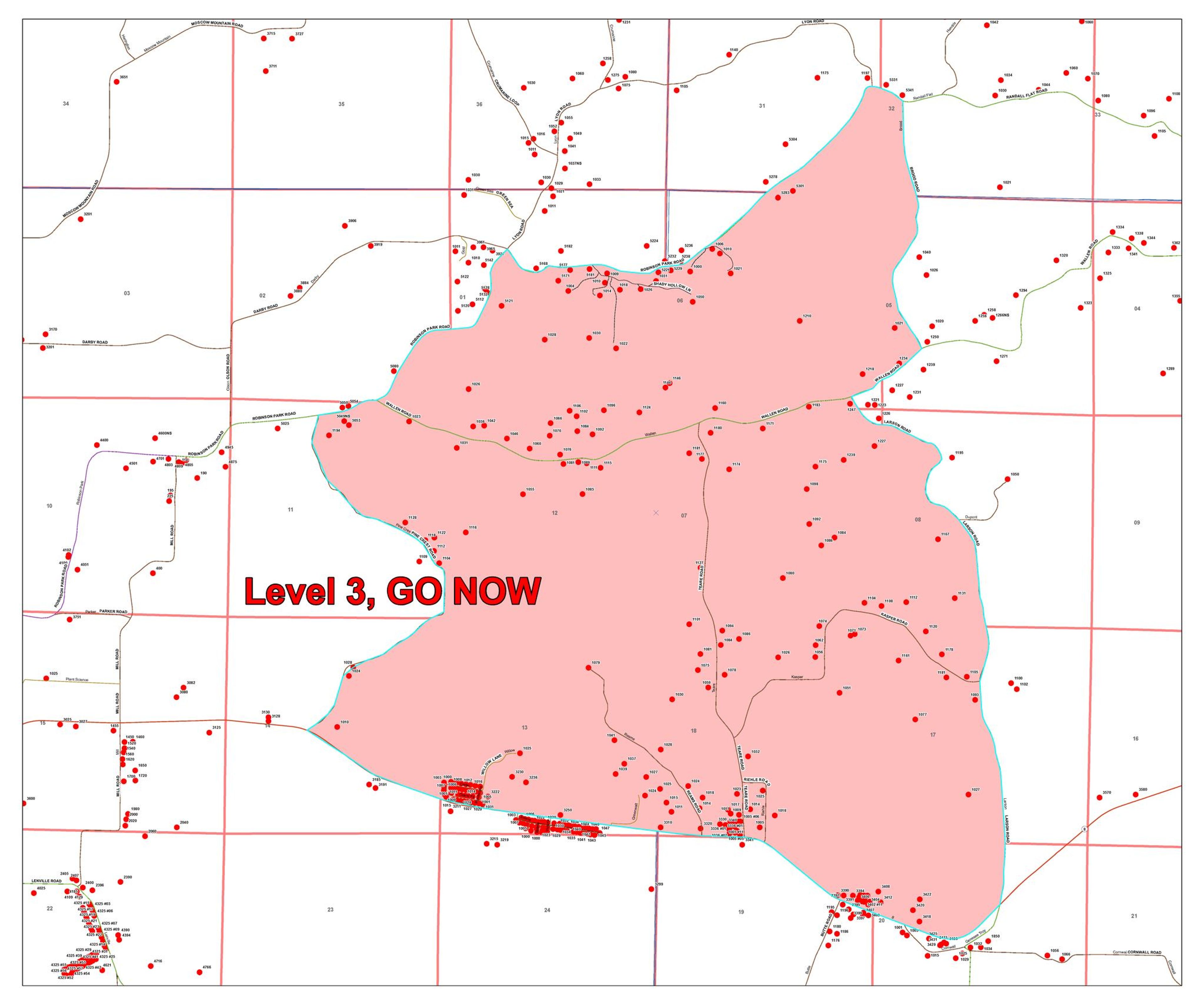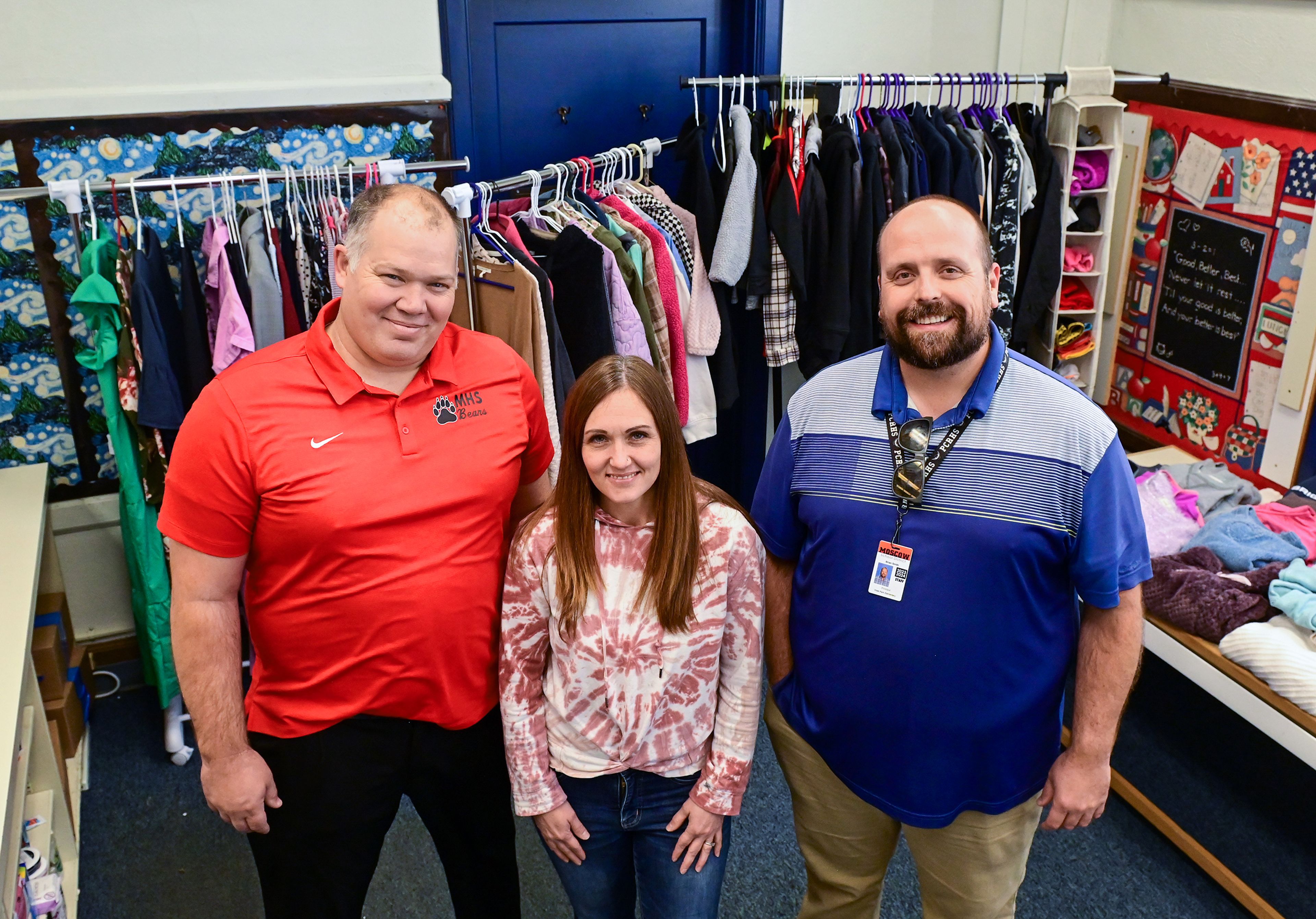Many have noticed — or perhaps used or donated to — any number of free food pantries or miniature roadside libraries. Is it time we did the same for pets?
A news story appeared online last week from the Whitewater Banner about just such an effort in Wisconsin. Clyde’s Closet in Whitewater, Wis., was developed when a dog needing a lot of help was surrendered to a local shelter. About one-quarter the size of a typical metal garden shed, it is stocked with all types of pet supplies, free for anyone who needs them.
Stocked on the shelves are leashes, vitamins, toys, pee pads, diapers, shampoos, collars and halters, dishes, dog waste bags, grooming supplies, and even pet beds and crates.
“At Clyde’s Closet, we believe that every pet deserves to be loved and cared for, regardless of their owner’s financial circumstances,” said Mandy Lewis, founder of Clyde’s Closet and Albert’s Dog Lounge Rescue, as quoted in the Banner. “Our mission is to provide a helping hand to those facing hardships, ensuring that both pets and their owners have access to the supplies they need to lead happy and healthy lives together.”
What seemed to be missing from the shelter’s news release was any mention of food offerings in the pantry. A later addendum was sent to the Banner.
“We will occasionally have some small amounts of dog food, but our goal is to bridge the gap that our local food pantry can not (sic) provide. From time to time, the food pantry will get some things donated they can dispense, but for all intents and purposes, our local food pantry can only give pet food.”
That makes sense on several levels. Providing free food suggests it may be taking away from food donations made to the shelter. Goodness knows, every shelter needs all the food donations they can get.
Next, food attracts insects, vermin and larger animals. The USDA has very strict regulations about food storage in veterinary colleges and research facilities. The regulations aren’t there to cause people heartburn. They are tried-and-true ways to minimize raiding by unwanted guests.
Clyde’s Closet is a beautiful, new, gray, metal shed with the typical sliding front doors and a single hasp. Considering what it takes to keep bears out of trash in the nation’s national parks and rural areas, Clyde’s Closet wouldn’t stand a chance. Skunks and raccoons would take their share too, not to mention insects.
While not impossible, offering food might be too much of a burden for such a well-meaning gesture in the community. Understandably, if food was to be offered, it would have to be secured somewhere indoors for distribution by appointment.
There is a soft spot in my heart for such efforts. When I first went to a library by myself on a U.S. Air Force base as a kid, there was a paperback book rack near the entry. A sign said, “Free: Bring One, Take One.” I couldn’t believe the library was giving away books.
I went up to the desk and told the young airman working there that I didn’t have a book to donate. He told me that was OK. To start out, I could pick any book I wanted as long as I promised to bring it back and exchange it for another after I read it.
The little paperback, “Codes & Secret Writing,” published in 1964 and written by Herbert Zim, left tucked in my shirt as I pedaled my bicycle home with the very first book I got to choose. That began a reading legacy that extends to this day.
Powell, of Pullman, retired as public information officer for Washington State University’s College of Veterinary Medicine in Pullman. This column reflects his thoughts and no longer represents WSU. He may be contacted at charliepowell74@gmail.com.
